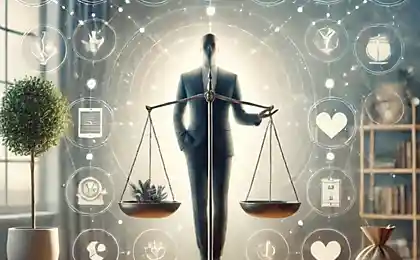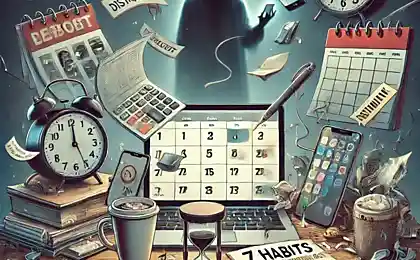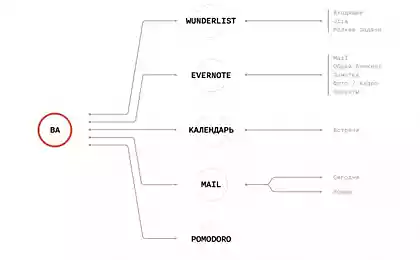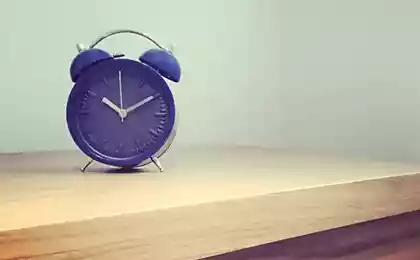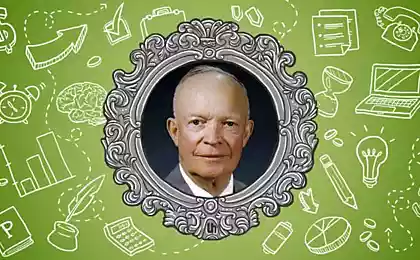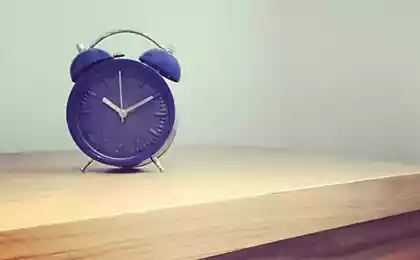208
The Art of Minimalism: How to Get Rid of Tasks That Don't Move You

Introduction
We live in a world where the quantity of work often seems more important than the quality of it. However, real productivity is not about doing as many tasks as possible, but focusing on what really drives us forward. How to get rid of the unnecessary and learn to focus only on the meaningful?
Why is it important to give up unnecessary tasks?
Unnecessary activities steal our energy and attention. The more unnecessary tasks, the harder it is to focus on the main thing. Minimalism in productivity helps free up resources for really important actions.
Signs of useless tasks
- They don’t get you closer to your long-term goals.
- Their implementation does not bring real benefits.
- You do it out of habit or out of guilt.
- It's about other people's expectations, not your priorities.
1. Evaluate each task in terms of value
Before you start, ask yourself: Does this bring me closer to my main goal? If the answer is no, remove it from the list. This will allow you to focus on the really important steps.
2. Apply the 80/20 rule
80% of results come from 20% effort. Identify these key 20% and focus on them. The ability to prioritize tasks will help you move forward faster.
3. Automate routines.
Use tools and technology to minimize your time on everyday tasks. For example, set up automatic bill payment or use scheduling apps.
4. Learn to say no.
People are often overwhelmed for fear of rejection. The ability to say no frees up time for really important things. For example, if you are forced on a project that does not meet your goals, it is wiser to refuse.

5. Delegate.
Don't try to do everything yourself. Transfer tasks that do not require your personal involvement. This is the key principle of effective leaders.
6. Create blacklists of tasks
Write down tasks that constantly appear, but do not bring results. In time you will see what is worth giving up. By analyzing your to-do list, you can identify patterns of unnecessary tasks.
7. Develop the habit of deep work
Minimalism in productivity isn’t just about giving up tasks, it’s about focusing on one important thing without distractions.
Benefits of Minimalism in Productivity
- Less stress. - you get rid of the overload.
- Clarity It becomes clear what is really important.
- Improving the quality of work You focus on deep work, not small things.
Conclusion
Minimalism in productivity is not about giving up work, but about focusing on the really important. Getting rid of unnecessary tasks, you can spend time and energy on what brings real results. Doing less but better is the key to success.
Glossary
- Minimalism philosophy aimed at simplifying life and avoiding unnecessary.
- The 80/20 rule The principle that 80% of results are achieved with 20% effort.
- Delegation Transfer some tasks to other people to improve efficiency.
- Deep work. Focus on complex and meaningful tasks without distractions.
- Prioritization The process of highlighting the most important tasks among the many possible ones.
8 Signs That People Are Not Who They Say They Are
The main tests that you should do to be calm for your health


